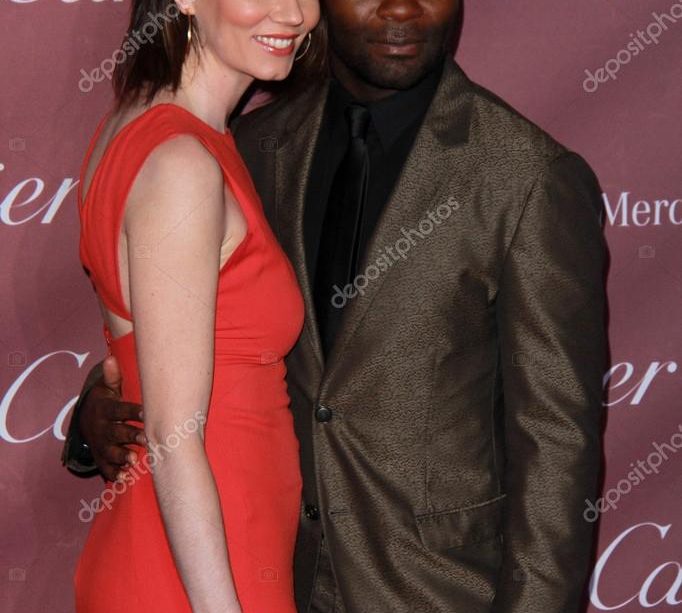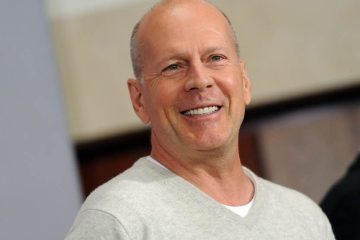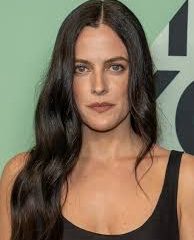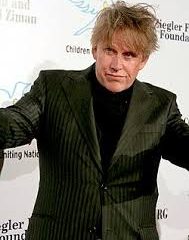David Oyelowo: A Force for Change in Entertainment

Introduction
David Oyelowo is a British-Nigerian actor, producer, and director renowned for his compelling performances and significant contributions to film and television. His prominence in the entertainment industry has not only highlighted his exceptional talent but has also served as a powerful platform for addressing critical issues around diversity and representation in Hollywood. The importance of Oyelowo’s work extends beyond entertainment; it influences the norms around casting and storytelling in an industry long criticised for its lack of inclusivity.
Career Highlights
Oyelowo’s career took off with his breakout role as Martin Luther King Jr. in the acclaimed film “Selma” (2014). His portrayal earned him widespread critical acclaim and made him a household name. The film not only shed light on an important historical event but also showcased Oyelowo’s ability to bring depth and humanity to complex characters.
In addition to his work in film, Oyelowo has made significant strides on television. He starred in the BBC series “Spooks” and more recently in the popular drama “Les Misérables”. His commitment to diverse storytelling is further emphasised through his production company, Yoruba Saxon Productions, which aims to create content that reflects a broad spectrum of experiences and backgrounds.
Impact on Diversity
Beyond his acting prowess, Oyelowo has been an outspoken advocate for diversity in the film industry. He has addressed the importance of seeing people of colour in leading roles, underscoring that representation reflects societal realities and enriches storytelling. Oyelowo’s own experiences as a Black actor in a predominantly white industry have shaped his advocacy, making his voice a vital part of the conversation about inclusivity in Hollywood.
In recent events, Oyelowo participated in various panels and discussions, including the 2023 British Academy Television Awards, where he emphasised the ongoing need for change in the industry. By actively participating in these dialogues, he influences fellow creators and studio executives to consider more inclusive practices.
Conclusion
David Oyelowo’s journey demonstrates the power of art in addressing social issues and shaping cultural narratives. His evolving career serves as a beacon for aspiring actors and filmmakers, particularly those from underrepresented backgrounds. As he continues to rise as a prominent figure in the industry, Oyelowo’s impact is expected to inspire a new generation of storytellers committed to championing diversity and challenging stereotypes in film and television. For audiences, Oyelowo’s work stands as a reminder of the rich tapestry of human experience that deserves to be told.









